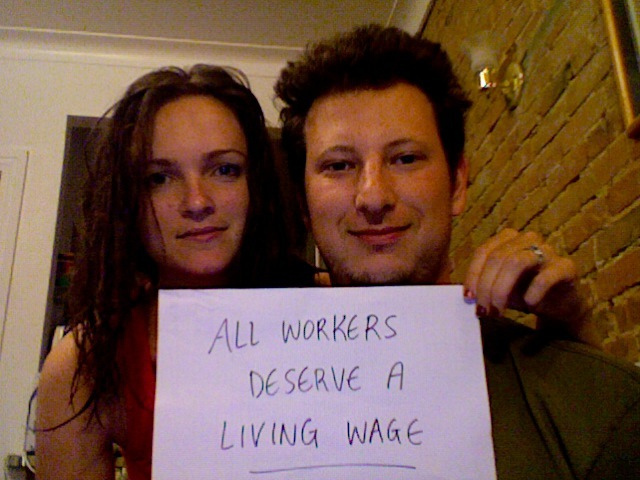
The Federal Minimum Wage has slipped into distinct disrepair. The historical one-size-fits-all approach, be it $7.25 per hour, or even the proposed $10.10 per hour, is antiquated. Our national economy has evolved into a thousand-plus economies. We’ve all traveled, and we all know that the cost of living in Washington, D.C., is different than it is Austin or in Harlingen, Texas, etc.
At long last, there is talk of indexing the Federal Minimum Wage (FMW) to the cost of living. This would make complete sense if the wage had enabled minimum-wage workers to afford life’s necessities to begin with. But, until that piece of the puzzle is fixed, the proposed cost-of-living increase only addresses the inflation aspect of the wage. The core wage itself is still too little to enable people to afford the basics of life: food, clothing, and shelter.
To solve the failings of the FMW, we must index it to the local cost of housing, as it is the single most expensive item in the budget of every American. The failure of the FMW is that it is creating homeless people. But by indexing to the local cost of housing, we account for the nationwide variation in local economies without crushing small businesses in rural America. This will ensure that if a person works 40 hours in a week, be it from one job or more, they will be able to afford basic food, clothing, and shelter (including utilities) wherever that work is done throughout the U.S. This will end economic homelessness for over 1,000,000 minimum-wage workers.
— by Richard R. Troxell, from a recent letter to the editor at The Austin American-Statesman
Image by Social Alterations


